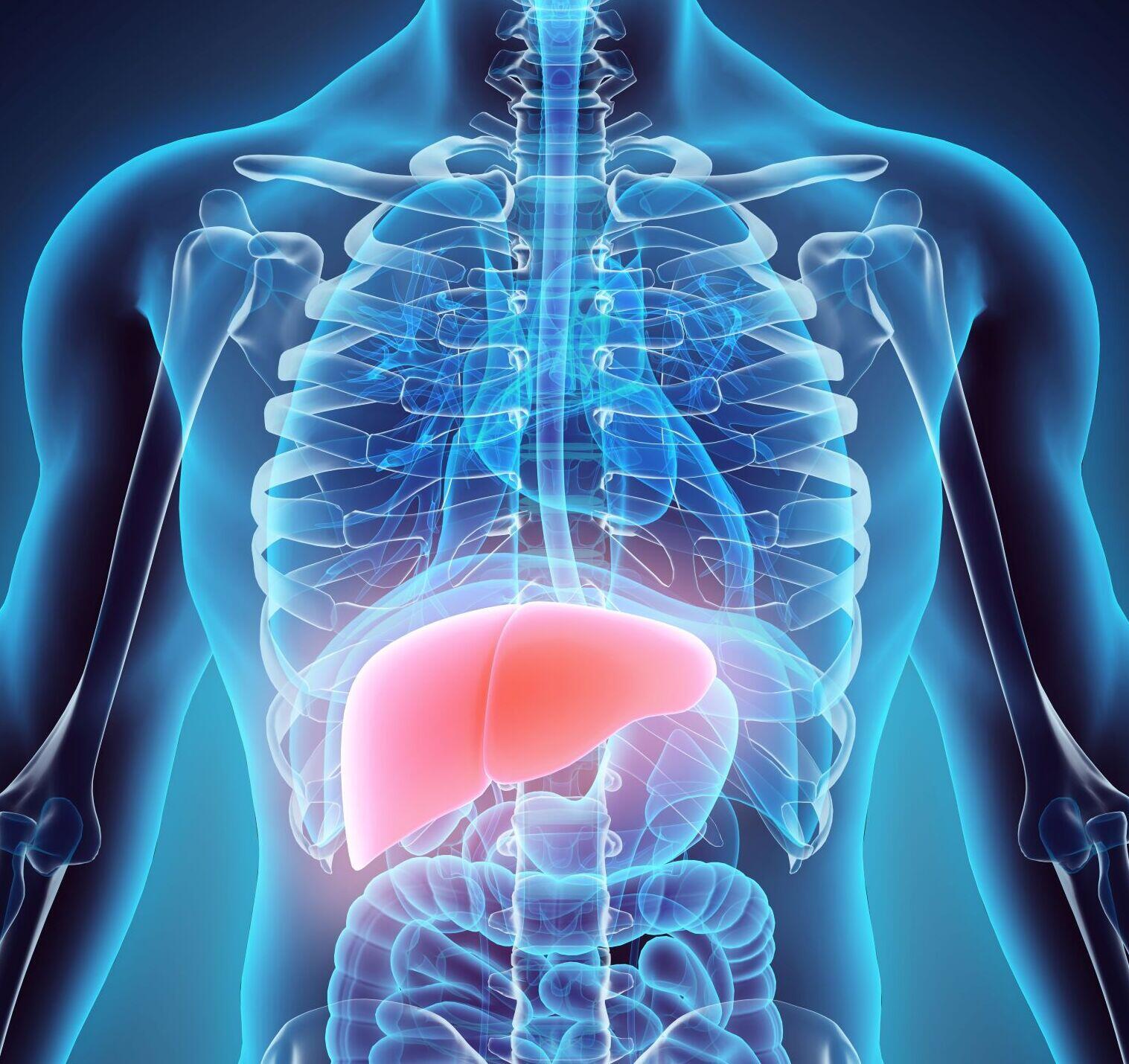
Oct. 6, 2022
Liver symposium to discuss future of care, international research advancements
Share this story
Chronic liver disease and cirrhosis were among the top 5 drivers for declining life expectancy in the U.S. last year, according to the Centers for Disease Control and Prevention. Yet, federally approved treatments for many liver diseases, including nonalcoholic fatty liver disease (NAFLD) and nonalcoholic steatohepatitis (NASH), are nonexistent or sparse. The only option for many patients with end-stage liver disease is a transplant, but demand greatly exceeds supply.
The inaugural academic symposium of the Stravitz-Sanyal Institute for Liver Disease and Metabolic Health at Virginia Commonwealth University will feature two days of sessions focused on liver disease and metabolic health with a strong emphasis on translation, team science, public-private collaboration and development of novel paradigms of care.
WHO: Fifteen speakers from the United States, England, India, Singapore, Mexico and Canada will join Arun Sanyal, M.D., director of the Stravitz-Sanyal Institute for Liver Disease and Metabolic Health at VCU, to discuss progress in liver-related research and the future of care. The keynote speaker is Sir Michael Houghton, Hon. D.Sc., Ph.D., co-recipient of the 2020 Nobel Prize in Physiology or Medicine.
WHAT: The symposium includes, but is not limited to, presentations on the following topics:
- Metabophenotypes and the liver-heart connection.
- Sex differences in aging related inflammation in the liver.
- Bile acid biome and NASH.
- Sphingosine signaling and fibrosis in cholestatic liver disease.
- Making genomics-based NASH management mainstream.
- Unmet needs and solutions to improve outcomes of alcoholic hepatitis.
- Impact of pretransplant hepatic encephalopathy on global neurocognitive outcomes post liver transplantation.
- Accelerators for drug development for liver disease.
- Creating a culture of participation in liver research: The role of patient advocacy.
- Future of hepatology and evolving trends in the care of end-stage liver disease worldwide.
WHEN: Thursday and Friday, Oct. 13-14
8 a.m.-5 p.m.
WHERE: In-person and livestream option
VCU University Student Commons
Commonwealth Ballroom
907 Floyd Ave.
Richmond, Virginia
For more information, visit liverinstitute.medschool.vcu.edu/news-events/academic-symposium-2022/.
Media interested in attending the event or receiving a post-event summary of key research trends should contact Olivia Trani (tranio@vcu.edu).
Subscribe to VCU News
Subscribe to VCU News at newsletter.vcu.edu and receive a selection of stories, videos, photos, news clips and event listings in your inbox.







